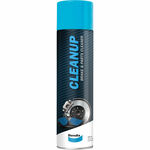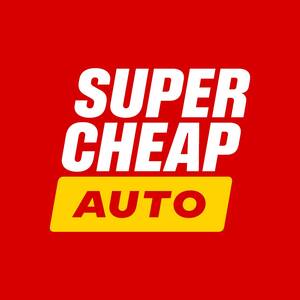Ozbargain favourite parts cleaner is back on special but not as cheap as before!
Full Product Info
Safely and effectively removes brake fluid, grease, oil and other contaminants from brake parts and parts components
Features
Australian made
Leaves no residue
Non-corrosive to metals, non staining
Stops squeaks & squeal in brakes
Ozone friendly, contains no CFC





Will I need to take off wheels and brake pads to use this? Or just take off wheels and spray it on? Or just spray on through the rim slots with wheels on?